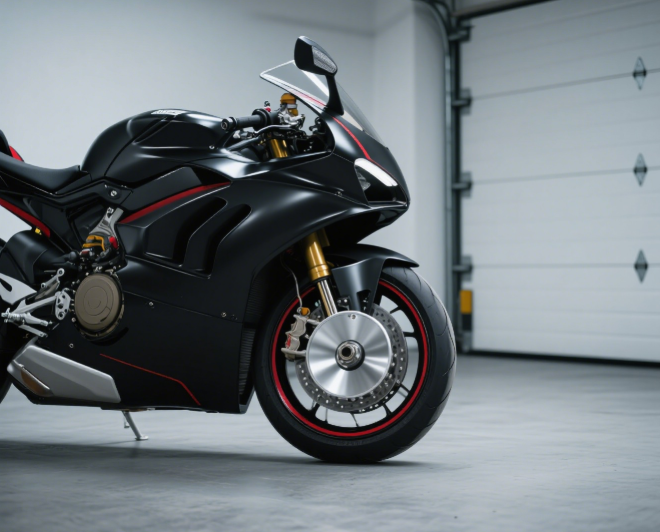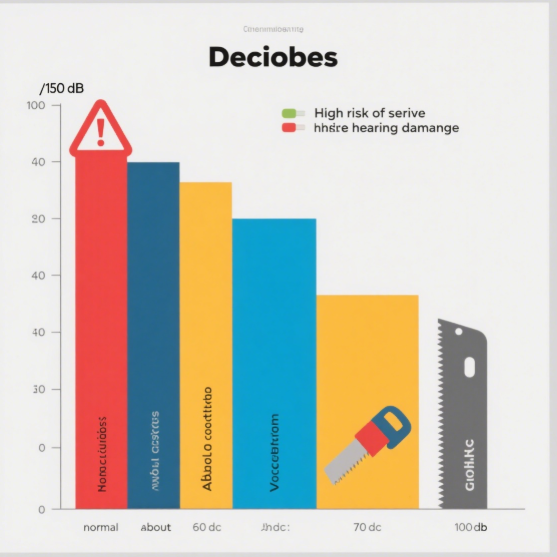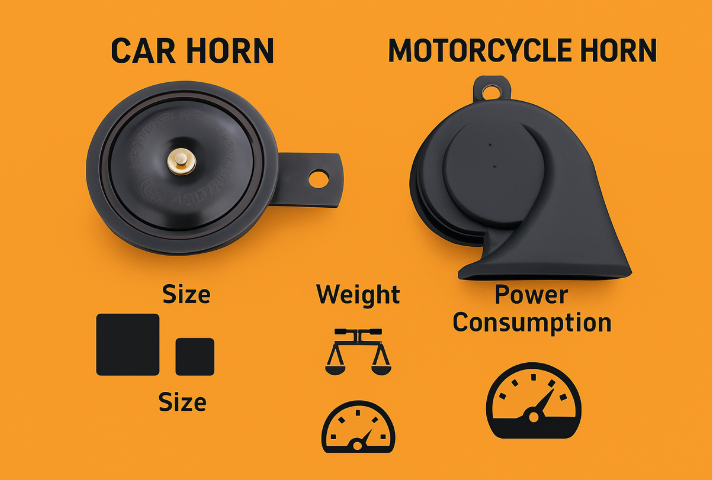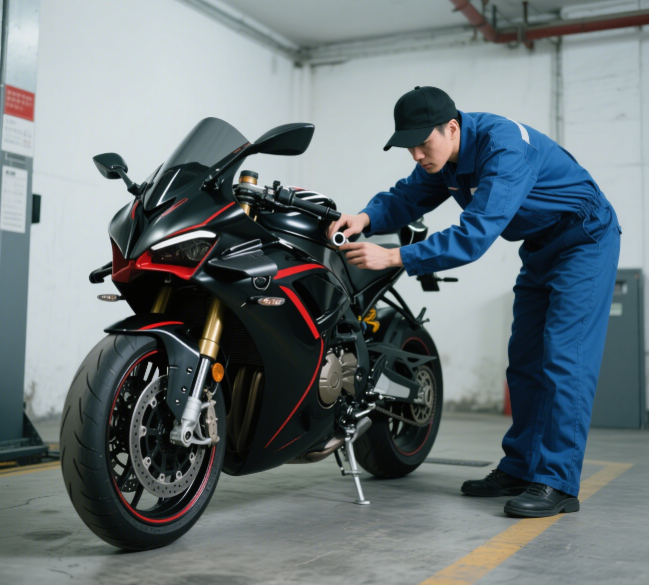Want to upgrade your motorcycle's horn or just ensure you're compliant? Let's explore the world of motorcycle horns, covering legality, decibel levels, and crucial requirements.
Motorcycle horns are essential safety devices, but understanding legal restrictions, appropriate loudness, and mandatory requirements is crucial for responsible riding.

Is a MotoHorn legal?
Are these aftermarket accessories legal to install? The legality of aftermarket devices depend on certain requirements.
The legality of a MotoHorn (or any aftermarket motorcycle horn) depends on local regulations regarding noise levels and sound characteristics. Most jurisdictions have decibel limits and prohibit horns that mimic emergency vehicle sirens. Always check local laws before installing an aftermarket horn.

| Legal Consideration | Potential Consequence | FHL GBSY Solution |
|---|---|---|
| Decibel Limits | Fines, equipment confiscation | Offer horns with dB ratings that comply with regional regulations |
| Prohibited Sounds | Criminal charges, legal action | Ensure horns do not mimic emergency vehicle sirens |
| Installation Standards | Failed inspection, fines | Horns must be installed in compliance with local regulations |
For our distributors: Provide clear information to customers about local horn regulations. This positions you as a responsible retailer and protects them from legal issues.
Is a 150 dB horn loud?
How loud is too loud? And just how loud is the horn that you are purchasing?
Yes, a 150 dB horn is extremely loud. It's louder than a jet engine at takeoff and can cause immediate and permanent hearing damage. While it might seem appealing for getting attention, it's likely illegal in most areas and poses a significant health risk.

| Decibel Level (dB) | Example Sound | Potential Effect | FHL GBSY Recommendation |
|---|---|---|---|
| 85 dB | Heavy Traffic | Prolonged exposure can cause hearing damage | Prioritize horns within safe and legal decibel ranges |
| 120 dB | Jet Plane Takeoff (nearby) | Immediate pain, potential hearing damage | Offer a variety of horn loudness options for different needs |
| 150 dB | Fireworks (nearby) | Immediate and permanent hearing damage | Warn against the use of excessively loud and illegal horns |
For our B2B partners: Highlight the importance of safe and responsible horn usage. Promoting horns within legal and safe decibel ranges protects your customers and your reputation.
Can you use a car horn on a motorcycle?
Is there any problem with putting car parts on a motorcycle? The car horn is similar to the motorcycle horn, but may not be suited for installation.
While technically possible, using a car horn on a motorcycle is generally not recommended. Car horns are often larger, heavier, and draw more power than motorcycle horns. This can strain the motorcycle's electrical system and create fitment issues. Motorcycle-specific horns are designed for optimal performance and compatibility.

| Feature | Car Horn | Motorcycle Horn | FHL GBSY Specialization |
|---|---|---|---|
| Size | Larger, bulkier | Smaller, more compact | Motorcycle-specific designs for easy installation |
| Weight | Heavier | Lighter | Lightweight designs to minimize strain on the bike |
| Power Consumption | Higher | Lower | Optimized for motorcycle electrical systems |
For wholesale customers, emphasize the benefits of using motorcycle-specific horns for optimal performance, safety, and ease of installation.
Is it mandatory to have a horn on a motorcycle?
Is a horn legally required on a motorcycle? The horn might be small, but it's an essential safety system.
Yes, it is mandatory to have a functioning horn on a motorcycle in most jurisdictions. The horn is a critical safety device used to warn other drivers and pedestrians of potential hazards. Failure to have a working horn can result in fines and/or a failed vehicle inspection.

| Requirement | Potential Consequence | FHL GBSY Value Proposition |
|---|---|---|
| Working Horn | Increased risk of accidents, fines, failed inspection | Reliable horn designs for consistent and dependable performance |
| Legal Compliance | Legal penalties, safety risks | Horns that meet or exceed legal requirements for sound output and reliability |
For our distributor network: Remind customers of the legal requirement for a functioning horn and encourage regular maintenance and replacement as needed.
Choosing the right motorcycle horn involves considering legality, loudness, compatibility, and the essential requirement of having a working horn for safety.
Choose FHL GBSY horns for your motorcycle.

